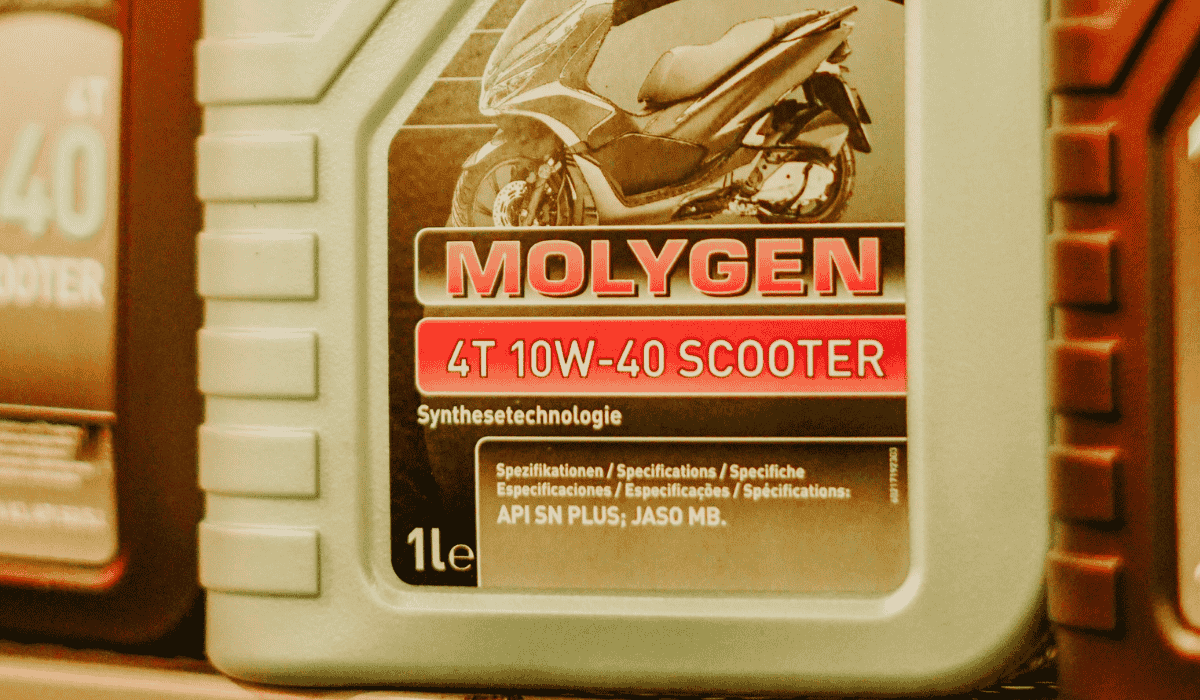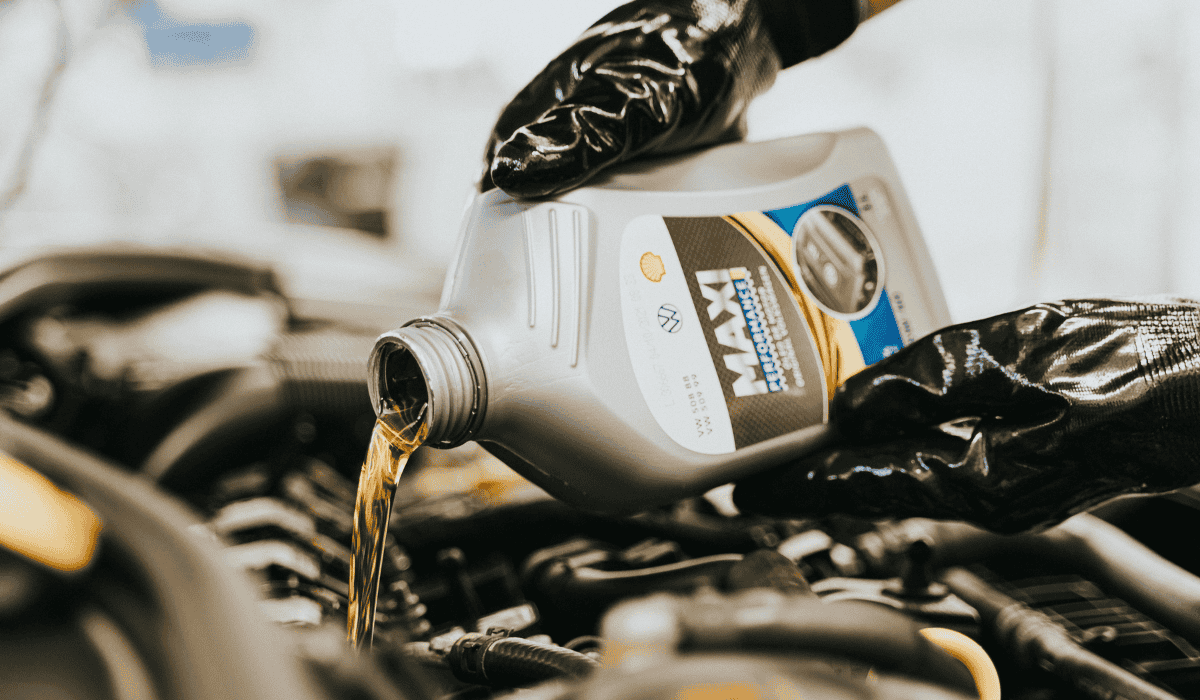Engine oil is the lifeblood of your vehicle. It lubricates moving parts, minimises friction, helps cool the engine, and prevents harmful sludge buildup. Without the right oil, your engine can wear down much faster, overheat, or just completely break down - otherwise known as catastrophic engine failure.
Modern vehicles are finely tuned machines, and even a small mismatch in oil viscosity or type can lead to increased engine strain. That’s why knowing what oil goes in your car isn’t optional, it’s essential maintenance.
What Do Engine Oil Numbers Mean?
Engine oils come with ratings like 5W-30, 0W-20, or 10W-40, and these refer to the oil’s viscosity, i.e how thick it is, at different temperatures.
The first number (e.g. "5W") refers to how the oil flows in cold weather ("W" = Winter). The second number (e.g. "30") refers to how it flows at normal engine temperature. The higher the number, the thicker it is.
For UK drivers, 5W-30 or 5W-40 is commonly recommended, offering good cold start performance and adequate protection in warmer weather. High-performance cars may need synthetic blends, while older cars may benefit from thicker oils like 10W-40.

How to Check What Oil Your Car Needs
The best place to check is your vehicle’s owner’s manual. It will specify the recommended oil grade and type (mineral, semi-synthetic, or fully synthetic). You can also:
- Look under the bonnet - many cars have a sticker near the oil cap showing the oil type.
- Use the official website of your car manufacturer - make sure you look for your exact model and year.
- Visit Halfords or Euro Car Parts online - they offer a registration plate lookup tool to show compatible oils.
Don’t guess. Even if you’ve used a certain oil in previous vehicles, it might not be right for your current one.
Different Types of Engine Oil Explained
There are three main types of oil on the UK market:
1. Mineral Oil
The most basic form, often used in older engines. Less refined, cheaper, but breaks down faster.
2. Semi-Synthetic Oil
A blend of mineral and synthetic oils. Offers a balance between cost and performance. Suitable for everyday driving.
3. Fully Synthetic Oil
Best for modern engines and high-mileage drivers. Offers superior protection, flows well at low temps, and lasts longer between changes. Most manufacturers now recommend this for newer vehicles.

Best Engine Oils for UK Drivers in 2025
Here are some of the top-recommended options:
- Castrol GTX Ultraclean 5W-30 – Great for reducing sludge buildup.
- Mobil 1 ESP 0W-30 – Ideal for diesel engines with DPF filters.
- Shell Helix Ultra 5W-40 – Offers excellent engine cleaning properties.
- Comma X-Flow Type XS 10W-40 – Good semi-synthetic option for older cars.
Prices range from £25 to £75 for a 4–5 litre bottle depending on the brand and retailer.
How Often Should You Change Engine Oil?
Most manufacturers recommend changing oil every 6,000 to 10,000 miles, or once a year, whichever comes first. However, if you’re doing long daily commutes or using your car for rideshare work like Uber or Bolt, you may need to service your vehicle more frequently.
Also, don’t forget to change the oil filter when you replace the oil, otherwise, old contaminants can quickly reduce the effectiveness of fresh oil.








.svg)












